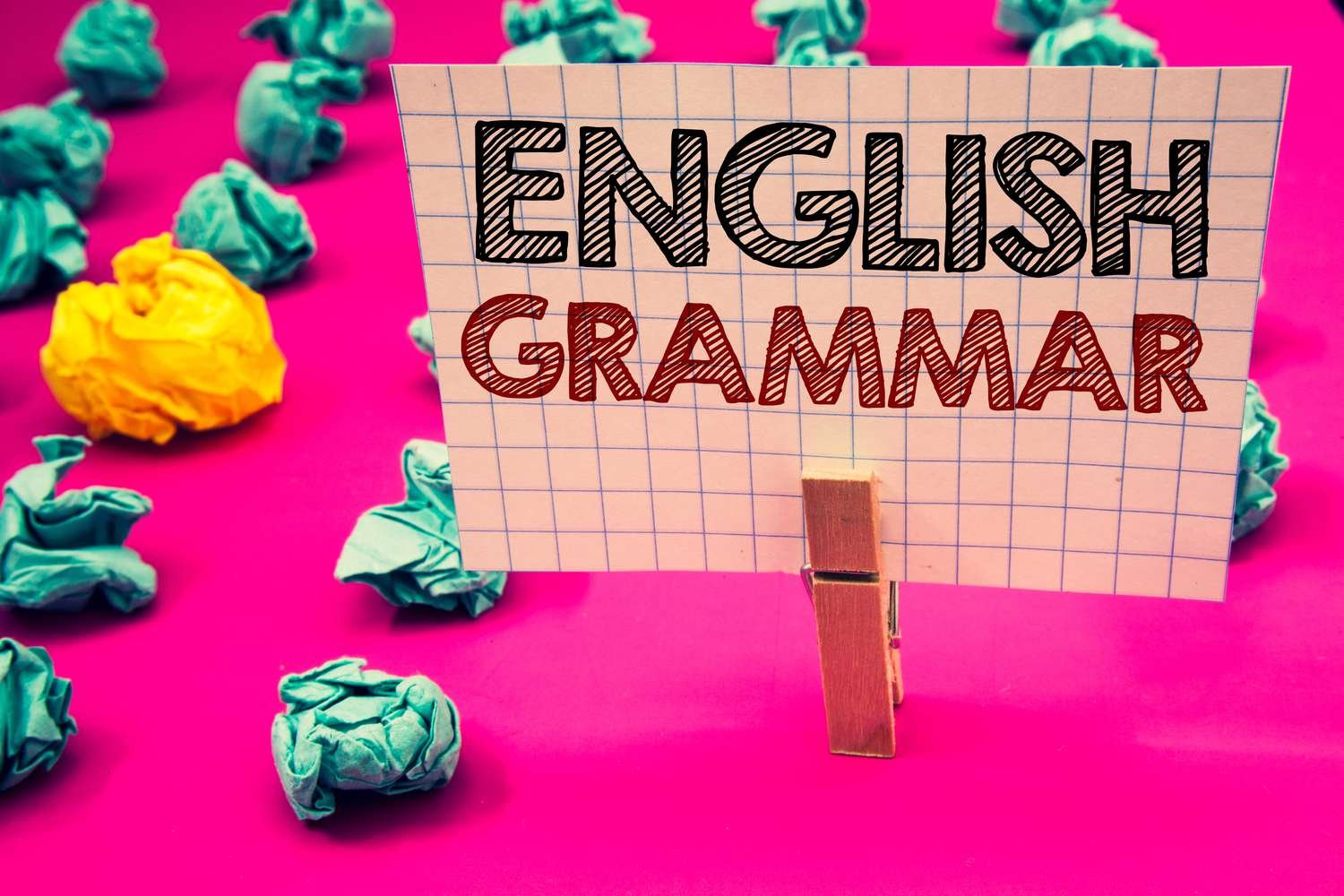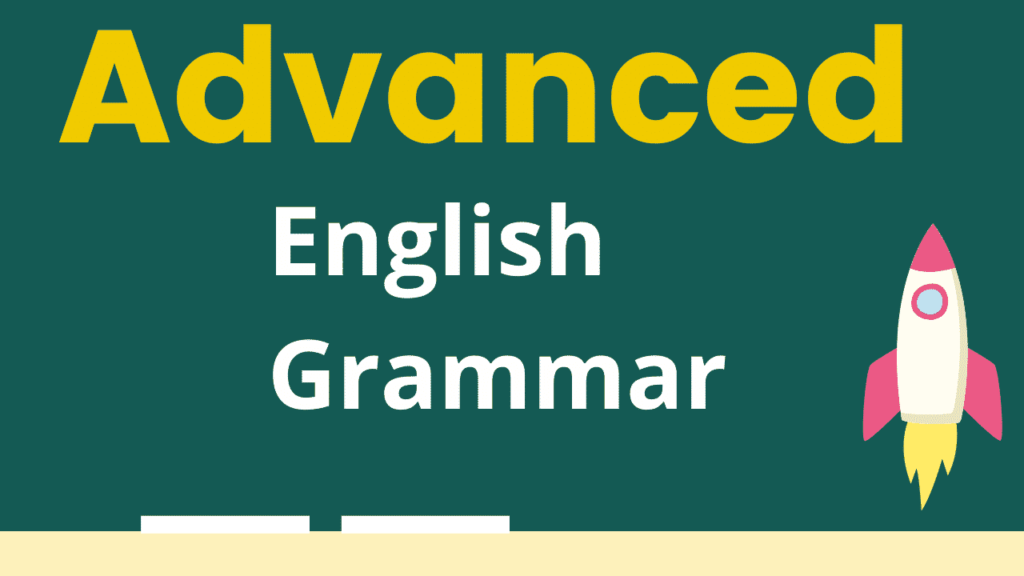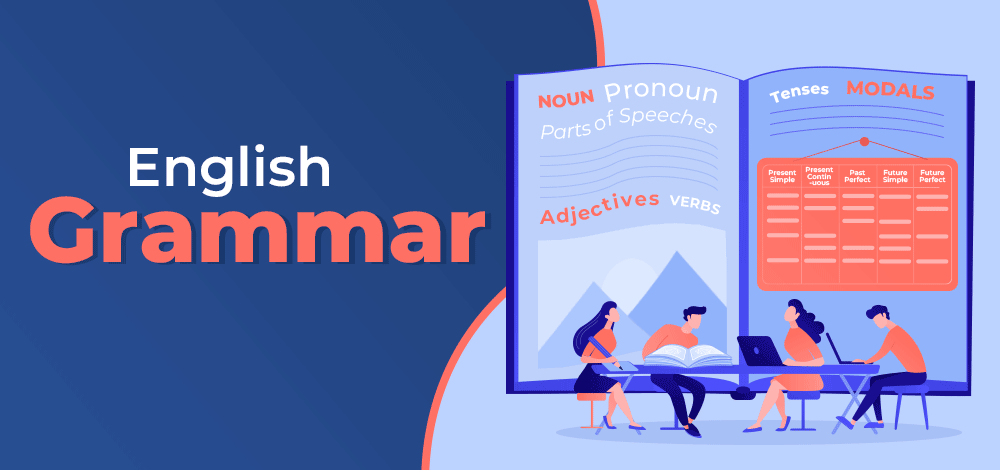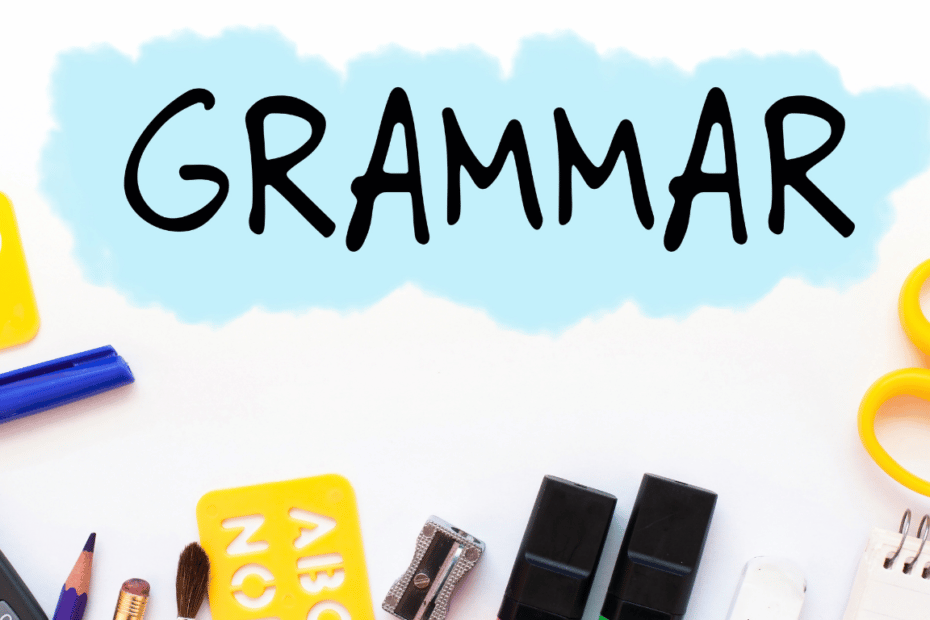Tag Questions – The course is designed to develop communication skills in English and computer and information technology (ICT) of the learners. Communicative English includes the basic grammatical structures of English and basic semantics, basic reading and listening techniques for constructing informal writings; reading selected English literature; listening to selected English media; use of expressions for easy communication in daily life such as exchanging information, greeting, shopping, application, past, present & future activities, liking & disliking etc; giving English oral presentations; and writing formal letters and essays.
Study and practice in reading and writing on related topics from nursing textbooks/journals/magazines & note taking, referencing; improvement of reading and writing abilities with emphasis on review of vocabularies, sentence structure, organization, development of oral presentation; developing writing skills Business letters, application & CV; report writing, editing, proof reading, translation and professional writings-meeting minutes; improvement of speaking and listening abilities with establishing communication and making arguments.
Computer and information technology is designed for understanding of using computer and information technology; it applications in nursing field; application programs for Microsoft Word processing, Microsoft Excel for spreadsheets, Power Point Presentations, Networking and Communication through internet and World Wide Web applications.
Tag Questions
Tag Question কী এবং এর প্রয়োজনীয়তা কী?
বাস্তব জীবনে কথা বলার সময় আমরা অনেক সময় শ্রোতার মন্তব্য, মতামত বা সমর্থন বা অসমর্থন চাই। এর জন্যে আমরা কোনো বাক্য বলে সেই বাক্যের শেষেই কিছু জিজ্ঞাসা করি। অর্থাৎ কোনো বাক্যের শেষে প্রশ্নবোধক কিছু অংশ জুড়ে দেই। জুড়ে দেওয়া এরূপ প্রশ্নকে Tag Question (জুড়ে দেওয়া প্রশ্ন/সংযুক্ত প্রশ্ন) বলা হয়।
যেমন:
Riaz is honest, isn’t he?
They are running, aren’t they?
Rina has not come, has she?
You cannot do this work, can you?
ওপরে বাক্যের আন্ডারলাইন করা অংশের মাধ্যমে বাক্যগুলোর মতামত, মন্তব্য, সমর্থন বা অসমর্থন চাওয়া হয়েছে। আর এই কাজগুলো সম্পন্ন হয়েছে প্রশ্নবোধক কিছু অংশ জুড়ে দেওয়ার মাধ্যমে। সে কারণে উপরিউক্ত এ আন্ডারলাইন করা অংশগুলো Tag Question Tag Question দুই প্রকার। যথা- (a)
Affirmative (b) Negative Tag.
ওপরের প্রথম দুইটি উদাহরণ Negative Tag Question এবং শেষের দুটি Affirmative Tag Question বাস্তব জীবনে বিভিন্ন ক্ষেত্রে Tag Question ব্যবহৃত হয়।

Tag Question এর নিয়মাবলী:
Tag Question তৈরী করতে সাধারণত নিচের সাহায্যকারী verbগুলো লাগে।
Affirmative Tag এর ক্ষেত্রেঃ am, is, are, was, were, shall, will, should, would, have, has, had, can, could, may, might, must, ought (to), used (to), (অতীত অভ্যাস), dare (সাহস করা), need (প্রয়োজন/দরকার হওয়া), do, does, did।
Negative Tag এর ক্ষেত্রে: উপরিউক্ত সাহায্যকারী verb- গুলোর সংক্ষিপ্ত negative form (না-বোধক রূপ) লাগে।
| পূর্ণ Negative Tag | সংক্ষিপ্ত Negative Tag |
| Am not | Aren’t |
| Is not | Isn’t |
| Are not | Aren’t |
| Was not | Wasn’t |
| Were not | Weren’t |
| Shall not | Shan’t |
| Should not | Shouldn’t |
| Will not | Won’t |
| Would not | Wouldn’t |
| Cannot | Can’t |
| Could not | Couldn’t |
| May not | Mayn’t |
| Might not | Mightn’t |
| Have not | Haven’t |
| Has not | Hasn’t |
| Had not | Hadn’t |
| Do not | Don’t |
| Does not | Doesn’t |
| Did not | Didn’t |
| Must not | Mustn’t |
| Dare not | Daren’t |
| Need not | Needn’t |
| Ought not | Oughtn’t |
(i) Affirmative Statement এর সাথে Negative Tag এবং Negative Statement এর সাথে Affirmative Tag করতে হয়।
( ii) Tag Question এর Subject সমসময় Pronoun হয়, অর্থাৎ প্রদর statement এর মূল subject এর pronoun হবে।
(iii) Tag Question- এর শেষে প্রশ্নবোধক চিহ্ন বসাতে হয়।
Examples:
(a) Miron plays football, doesn’t he?
( (c) The lady was a gluttonous eater, wasn’t she?
b) Runa does not know how to swim, does she?
( d) Student’s must not engage in politics, must they?
(iv) Affirmative Sentence-এ Auxiliary verb টি contracted form এ দেয়া থাকতে পারে। সেক্ষেত্রে Contracted form চিনতে না পারলে Tag Question গঠনে ভুল হবার সম্ভাবনা থাকে। Auxiliary verb-গুলোর Contracted form নিচে উল্লেখ করা হলঃ
| Main Form | Contracted Form |
| I am | I’m |
| I have | I’ve |
| We have | We’ve |
| You have | You’ve |
| They have | They’ve |
| He is/has | He’s |
| She is/has | She’s |
| It is/has | It’s |
| I had/would | I’d |
| We had/would | We’d |
| You had/would | You’d |
| He had / would | He’d |
| She had/would | She’d |
| They had/would | They’d |
| It had/would | It’d |
| There had | There’d |
| We are | We’re |
| You are | Your’re |
| There is | There’s |
| I will/shall | I’ll |
| We will/shall | We’ll |
| You will | You’ll |
| He will | He’ll |
| She will | She’ll |
| It will | It’ll |
| They will | They’ll |
| There will | There’ll |
Examples:
I’ve done my duty,____?
Ans: I’ve done my duty, haven’t I?
We’re not naughty,____?
Ans: We’re not naughty, are we?
I’m not wrong,____?
Ans: I’m not wrong, am I?
I shan’t go to cinema,____?
Ans: I shan’t go to cinema, shall I?
বিভিন্ন ধরনের Sentence এর Tag Question করার নিয়মসমূহ

Asstertive Sentence এর Tag
Rule-01: কোন sentence এর শুরুতে there থাকলে, সেই there- কে subject হিসেবে ব্যবহার করে tag questions করা হয়। যেমন-
There was a king in China, wasn’t there?
There is something wrong with him, isn’t there?
There are some problems, aren’t there?
Rule-02: প্রদত্ত বাক্যে moon, earth, river, motherland, country, ship, nature, spring, autumn, mother tongue, ferry, train ইত্যাদি word গুলোকে Feminine Gender হিসেবে গণ্য করা হয় এবং এগুলোর পরিবর্তে she বসে। যেমন-
Bangladesh is a land of river, isn’t she?
The moon shines at night, doesn’t she?
Japan is a great friend of bangladesh, isn’t she?
The Parabat Express arrives at 11.30 pm at the station, doesn’t she?
Rule-03: Subject যদি ইতর প্রাণী, ছোট শিশু, জড় পদার্থ ইত্যাদি হয় তবে Tag Question এ ‘It’ Singular Subject হিসেবে ব্যবহৃত হয়। যেমন-
The baby is crying, isn’t it?
My new pen writes well, doesn’t it?
A cat catches mouse, doesn’t it?
Rule-04: যদি sentence এ subject হিসেবে one থাকে তবে tag question-এ subject হিসেবে one ব্যবহৃত হয়। যেমন-
One can eat a dozen apple, can’t one?
One should love one’s country, shouldn’t one?
One should do one’s duty, shouldn’t one?
Rule- 05: প্রদত্ত sentence এ subject হিসেবে this, that থাকলে Tag
Question এর Subject ‘it’ হয়। আবার প্রদত্ত sentence এর subject যদি these বা those হয় তাহলে Tag Question- এর সাথে subject ‘they’
হয়। যেমন-
This is nice pen, isn’t it?
This is a novel by Rabindranth, isn’t it?
These are books, aren’t they?
That was my pen, wasn’t it?
Rule-06: প্রদত্ত statement এর শুরুতে কোন Adjective এর পূর্বে the বসে common noun হিসেবে বাক্যের subject রূপে বসলে তাকে plural রূপে বিবেচনা করা হয় এবং এক্ষেত্রে Tag Question এর subject হিসেবে
they হবে। যেমন-
The rich are not always happy, are they?
The pious are always happy, aren’t they?
The rich shouldn’t hate the poor, should they?
Rule-07: কোন sentence এ used to থাকলে উক্ত sentence টির Tag question গঠন করতে প্রদত্ত sentence Affirmative হলে didn’t বসে এবং Negative হলে did বসে। তারপর প্রদত্ত sentence এর অনুরূপ subject বসে। তবে কখনও used to এর to বসে না। যেমন-
You used to play football in the afternoon, didn’t you?
The baby used to eat chocolate, didn’t it?
You used to go there, didn’t you?
Rule- 08: প্রদত্ত statement এবং Auxiliary verb উহ্য থাকলে ভাব ও অর্থ বুঝে Tag Question গঠন করতে হয়। যেমন-
(It’s) A sweet baby, Isn’t it?
(You are) Muslim, aren’t you?
(It’s) A nice day, isn’t it?
Rule-09: প্রদত্ত statement এ subject হিসেবে everyone, everybody, someone, somebody, anyone, anybody, no one, nobody, none, any/every/no + noun (every mother) ইত্যাদি থাকলে Tag Question এর subject হিসেবে they বসাতে হয় এবং এই they অনুযায়ী Auxiliary verb বসাতে হয়। যেমন-
Everybody hankers (লোভী হওয়া) after happiness, don’t they?
Every mother cares for her baby, don’t they?
Rule-10: প্রদত্ত statement এ subject হিসেবে nothing, something, everything, anything, no other thing ইত্যাদি থাকলে Tag Question এর subject হিসেবে it বসে। যেমন-
Something is wrong, isn’t it?
Nothing is certain in life, is it?
Rule-11: প্রদত্ত statement এ subject হিসেবে any of, each of, many of, some of, all of, neither of, either of, most of, none of, everyone of এর সাথে us, you, them থাকলে Tag Question এ এসবের পরিবর্তে subject হিসেবে যথাক্রমে we, you, they বসাতে হয়। যেমন –
Some of us are selfish, aren’t we?
None of them admitted the truth, did they?
Rule-12: প্রদত্ত statement এ subject হিসেবে all of the, most of the, some of the এর সাথে কোন অব্যক্তিবাচক Plural Noun (যেমন buildings, tables etc) থাকলে Tag Question এর Subject হিসেবে it/they বসে। কিন্তু ব্যক্তিবাচক plural noun (যেমন- people, boys, etc) থাকলে Tag Question এর Subject হিসেবে সর্বদা they বসে। যেমন-
Most of the trees have been cut off, hasn’t it/ haven’t they?
Most of the people are illiterate, aren’t they?
Rule- 13: Statement এ কোন Negative অর্থ প্রকাশক শব্দ যেমন- hardly, scarcely, seldom, rarely, rare, little, few, never, nothing, neither, no one, none, nobody ইত্যাদি থাকলে Positive Tag হয়। যেমন-
It hardly rains in winter, does it?
There are few people in the campus, are ethere?
Rule- 14: 1, we, you- এই বহুল প্রচলিত Pronoun গুলো Proper Noun হিসেবে sentence এর subject হলে Tag Question এর subject ‘it’ হয়। যেমন-
‘I’ is a pronun, isn’t it?
‘I’ is a vowel, isn’t it?
Rule-15: As well as, along with, together with ,accompanied by, with, including, excluding, except, rather than, and not ইত্যাদি দ্বারা দু’টি Noun/Pronoun যুক্ত হলে Tag Question এর Subject টি ১ম Noun/Pronoun-টি অনুযায়ী বসে। যেমন-
I along with my friends am going to visit the zoo today, aren’t I?
You rather than Pallabi are responsible for this, aren’t you?
Rule-16: Either… or, Neither… nor, Not only…. but also
এবং Or দ্বারা ২টি subject যুক্ত হলে ২য় subject অনুযায়ী Tag Question এর subject বসে। যেমন-
Not only Abir but also his friends are fond of cricket, aren’t they?
Rule- 17: Statement এ need/dare এরপর not থাকলে বুঝতে হবে।
এরা Model Auxiliaries। তাই Tag Question need/dare অপরিবর্তিত অবস্থায় বসবে। কিন্তু need/dare এরপর not না থাকলে বুঝতে হবে এরা Main verb। তাই এক্ষেত্রে Tense ও Person অনুযায়ী Auxiliary Verb আনতে হয়। যেমন-
We need not go there, need we?
We needed to go there, didn’t we?
They do not need to be worried, do they?
He dare not come, dare he?
Rule 18: Statement এ Subject এরপর have/has +
Complement অথবা have to / has to থাকলে Tag Questions এর Auxiliary verb হিসেবে have/has ব্যবহার করা যায়। তবে এক্ষেত্রে have/have to এর পরিবর্তে don’t এবং has/has to এর পরিবর্তে doesn’t ব্যবহার করাই তাল। Had/complement অথবা had to থাকলে hadn’t ব্যবহার করা যাবে, তবে didn’t ব্যবহার করাই ভাল। যেমন-
I have a horse, haven’t I/don’t I?
They have to do it, haven’t they/ don’t they?
He has to come, hasn’t he/ doesn’t he?
They had to take a decision, didn’t they/hadn’t they?

Imperative Sentence এর Tag
Rule-01: Imperative sentence টি দ্বারা আহ্বান বা আমন্ত্রণ বোঝানো হলে Tag Question এ will you/won’t you / would you / could you ব্যবহার করতে হয়। যেমন-
Sing a song, will you/won’t you/would you/could you?
Rule-02: Imperative sentence টি দ্বারা আদেশ প্রকাশ পেলে Tag Question will you / won’t you / can’t you / would you / could you বসে। যেমন –
Open the box, will you/won’t you/would you/could you?
Note: Rule-1 এবং Rule-2 উভয় ক্ষেত্রে সাধারণভাবে will you/won’t you ব্যবহার করা যাবে।
Rule-03: Imperative sentence টি do not/ don’t দিয়ে শুরু হলে Tag Question will you ব্যবহার করাই উত্তম। যেমন- Don’t be silly (নির্বোধ/অসভ্য), will you?
Rule- 04: Imperative sentence টি lest’s / let us দিয়ে শুরু হলে Tag Question এ সর্বদা shall we বসে। যেমন-
Let’s play, shall we?
Let us go out, shall we?
Rule- 05: Imperative sentence এ let এরপর us ব্যতীত অন্য কোন Noun/Pronoun থাকলে Tag Question এ সর্বদা Will you বসবে। যেমন –
Let Shimu take a decision, will you?
Let me come in, will you?
Exclamatory Sentence Tag
Rule- 01: How/What দ্বারা গঠিত Exclamatory Sentence subject এবং verb অনুযায়ী Tag Question গঠন করতে হয়। এ আদে sentence এ subject এবং verb টি সাধারণত শেষে থাকে। যেমন-
How sweet the baby is! Isn’t it?
What a nice day it is! isn’t it? How sweet she speaks! doesn’t she?
Rule-02: অনেক সময় Exclamatory sentence এর subject ver উহ্য থাকে, সেক্ষেত্রে sense বুঝে Subject ও verb টি ধরে নিয়ে Tag গন
করতে হয়। যেমন –
How charming!, এখানে subject ও verb উহ্য রয়েছে। তাই sense অনুযায়ী it/ the scenery / the girl / the girls / the country/the city + is/was ইত্যাদি ঘরে নেয়া যায় এবং সে অনুযায়ী Tag Question গঠন করা যায়। অর্থাৎ How charming it is! খরলে Tag হবে isn’t it? the girl was ধরলে Tag হবে wasn’t she? ইত্যাদি। যেমন-
What a pity! isn’t it? O How silly! isn’t it? How odd! isn’t it?
Complex Compound Sentence এর Tag
Rule 01: Statement টি Complex Sentence হলে Principle Clause টির subject ও verb অনুযায়ী Tag Question গঠন করতে হয়। উল্লেখ্য যে, সাধারণত subordinating Conjunction যুক্ত Clause টি বদ দিয়ে অন্য যে Clause টি পাওয়া যায় সেটিই বেশিরভাগ ক্ষেত্রে Principal Clause হয়। যেমন-
If you come, I will go, won’t I?
You may fail unless you study, mayn’t you?
Rule 02: Statement টি Compound sentence হলে সাধারণত ২য় Clause টির Subject ও verb অনুযায়ী Tag Question গঠন করতে হয়। যেমন-
Mintu is tall but his brother is short, isn’t he?
Rule- 03: Complex sentence এ কখনও কখনও ১ম Clause এ think, hope, guess, see, believe, feel, means, agree ইত্যাদি
verb এরপর ‘that’ conjunction টি উহ্য থাকে। এক্ষেত্রে ২য় Clause subject ও verb অনুযায়ী Tag Question গঠন করতে হয়। কিন্তু ‘that’
থাকলে ১ম Clause এর subject ও verb অনুযায়ী Tag Question গঠন করতে হয়। যেমন-
hope you will do better, won’t you?
I hope that you will do better, don’t I?
I think they are hard-working, aren’t they?
I think that they are active, don’t I?
Exercise On Tag-Question
01.
(a) Telling lies is a great sin,______?
(b) One lie begets hundred lies, ______?
(c) Man hardly believes a liar, ______?
(d) A liar has to lead a miserable life, ______?
(e) So, all of us ought to refrain from telling lies,______?
02.
(a) Patriotism is a great virtue, ______?
(b) Every religion teaches us to be patriot,______?
(c) We all must remember that the country is above everything, ______?
(d) Why some people forget it is really a question ______?
(e) We hope that nobody will derail from the right path, ______?
03.
(a) Time and tide wait for none, ______?
(b) Unfortunately, many of us waste our time, ______?
(c) None can prosper in life without utilizing time properly, ______?
(d) So, everybody should realize this truth,______?
(e) Let’s make the best use of time, ______?
04.
(a) The freedom fighters are the real heroes, ______?
(b) Nothing is greater than their sacrifice,______?
(c) Their contribution for our country will always be remembered, ______?
(d) We should never neglect them, ______?
(e) Every citizen of Bangladesh must have due respect for them,______?
05.
(a) Most of students who fail in English do not have strong foundation on grammar,______?
(b) No, they read only to pass the examination,______?
(c) Yes, teacher should motivate them to learn the basic things, ______?
(d) Yes, they cannot help learning grammar,______?
(e) No, moreover, practice is essential too,______?

Answer
01.
(a) Telling lies is a great sin, isn’t it?
(b) One lie begets hundred lies, doesn’t it?
(c) Man hardly believes a liar, does he?
(d) A liar has to lead a miserable life, hasn’t he?
(e) So, all of us ought to refrain from telling lies, oughtn’t we?
02 .
(a) Patriotism is a great virtue, isn’t it?
(b) Every religion teaches us to be patriot, doesn’t it?
(c) We all must remember that the country is above everything, mustn’t we?
(d) Why some people forget it is really a question, isn’t it?
(e) We hope that nobody will derail from the right path, don’t we?
03.
(a) Time and tide wait for none, isn’t it?
(b) Unfortunately, many of us waste our time, don’t we?
(c) None can prosper in life without utilizing time properly, can they?
(d) So, everybody should realize this truth, shouldn’t they?
(e) Let’s make the best use of time, shall we?
04.
(a) The freedom fighters are the real heroes, aren’t they?
(b) Nothing is greater than their sacrifice, is it?
(c) Their contribution for our country will always be remembered, won’t it?
(d) We should never neglect them, should we?
(e) Every citizen of Bangladesh must have due respect for them, mustn’t they?
05.
(a) Most of students who fail in English do not have strong foundation on grammar, do they?
(b) No, they read only to pass the examination, don’t they?
(c) Yes, teacher should motivate them to learn the basic things, shouldn’t he?
(d) Yes, they cannot help learning grammar, can they?
(e) No, moreover practice is essential too, isn’t it?
